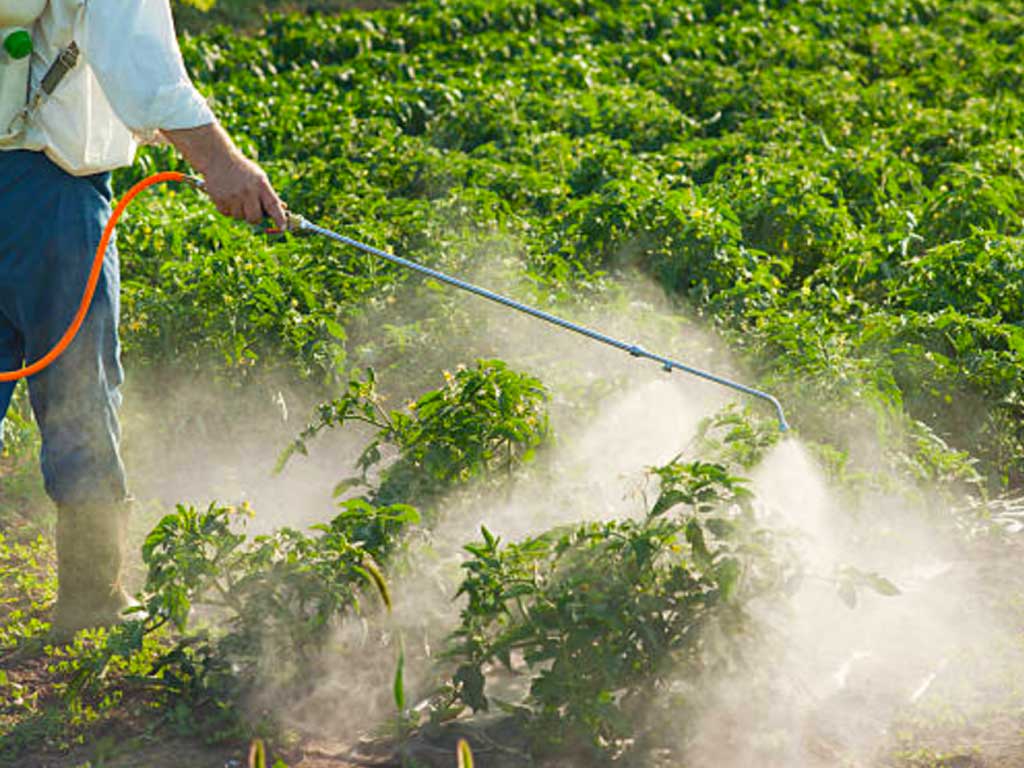
Organic Does Not Mean “No Pesticides”
Many people believe that organic produce does not contain pesticides, which is a common misconception. In order to become certified organic, 95% of the chemicals a farm uses must be certified organic. This means that 5% of the pesticides, fertilizer, or herbicides may be synthetic! Organic farmers can use as much organic pesticide (pesticide that comes from natural sources) as they deem necessary, which is often more in volume that the synthetic version, in order to achieve the same effectiveness.
The stipulations for organic farming also dictate that these naturally derived pesticides must be applied with equipment that has not touched synthetic pesticides for a period of at least three years. Additionally, organic crops need to be planted on land that has not been treated with any synthetic pesticides, herbicides, or fertilizer for the past three years.
Just because a pesticide is derived from a natural source does not mean that it is safer than the synthetic version! This is not the opinion of EzGro Gardens- this is scientific fact.
Organics Uses MORE Pesticides Than Conventional Agriculture
Did you know that more than 20 chemicals are approved for use in growing or processing organic crops? Additionally, there are absolutely no governmental regulations on the quantity of organic pesticides that may be used in organic agriculture! This makes sense for organic farmers, because it takes more organic pesticide to provide a similar effectiveness as the synthetic version.
Don’t believe me?
One team of researchers compared an organic pesticide, rotenone-pyrethrin (both derived from plants) with a synthetic pesticide, imidan, which is considered a “soft pesticide” because it breaks down relatively quickly after application. The study concluded that more than three times the amount of rotenone-pyrethrin is required to provide the same level of effectiveness as the imidan! All pesticides need time to break down after application, and all leech into the soil in which the crops are growing. Applying more pesticides only results in more agricultural runoff into rivers and streams. Fish do not care whether a toxic substance was derived from a plant or from a chemical; they are harmed just the same.
Environmental Effects of Organic and Conventional Farming
Do you ever think about where the garbanzo beans were grown that are used in your favorite hummus? How about the tomato you bought in Canada in January? We’ve become so accustomed to having all foods available to us at all times that we have forgotten what the true cost of this luxury actually is. The amount of energy and fuel necessary to ship rice from China, lettuce from Mexico, and grapes from Chile adds up to a huge carbon footprint and cost to the environment. It is hard to believe that a can of organic beans from South America is better for the environment that buying beans from the conventional farmer down the road.
Since the Agricultural Revolution, people have been clear-cutting forests and other important animal habitats to create more space for farmland. Whether the farming that takes place uses organic or synthetic fertilizer does not matter one bit when habitats of endangered species are destroyed. However, we have a global population that is growing every year, and we need to grow food to feed everyone. This is where the importance of growing crops vertically comes into play. A tower with a stack of five pots can grow 20 plants in one square foot of space- increasing productivity of that space 20-fold compared to both conventional and organic soil farming.
In 2011, Scientific American deconstructed a study done by researchers in Canada. The study compared both organic and synthetic pesticides to control a specific pest, the soybean aphid. The study concluded that the synthetic pesticides were not only more effective; they also did less damage to the environment than the organic pesticide! The organic pesticide killed more species, including beneficial insects, than the synthetic pesticide. This is just one example, but it proves that organic pesticides are not necessarily safer, and in some cases are more harmful, than the synthetic version.
Responsible Land Management Techniques
There are numerous land management techniques that can be used to be better stewards of the land. Integrated Pest Management (IPM) uses techniques to better control pests without relying solely on pesticides. Scouting for pests, or examining plants for pests, helps growers spot pests before they become too huge a problem. IPM also includes the use of beneficial insects, typically predators or parasites, to naturally control pests. Beneficial insects are released into a greenhouse or on crops in a field and eat pests. For example, just one ladybug can eat up to 60 aphids in one day!
Growing a monoculture, or a single crop in a given area, can cause a host of issues from soil infertility to increased pest problems. Many farmers, both organic and conventional, are moving away from monoculture and are using polycultures and companion plantings to improve crops. Crop rotation is another technique, which involves growing different plants in a given area year after year.
These techniques are now widely used by BOTH organic and conventional farmers. Using proper land management helps improve the land on which crops are grown and keeps pest problems at a minimum. It is important to note that organic farmers are not the only ones implementing these techniques.
Why Hydroponics?
As mentioned earlier, growing crops in stackable pots vertically can increase the productivity of an area of land by 20-fold. Using hydroponics can also grow food in unused places such as rooftops, parking lots, or abandoned factories. The nutrients used in hydroponics are concentrated minerals. Learn more about this in the Hydroponic Nutrients article.
The only real way to know what’s in your food is to know your farmer. Go to your local farmers markets and talk to the farmers growing food in your area. Supporting local agriculture supports local economy and the carbon footprint of the food will be significantly smaller.

Hydroponic Nutrients

EC vs TDS

How Plants Uptake Nutrients

What is Aquaponics

What is Aquaculture
Trackbacks and pingbacks
No trackback or pingback available for this article.
2 comments
Leave a reply Delete Message
Articles
Featured
-
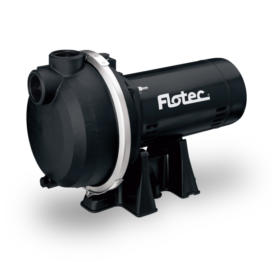 Thermoplastic Irrigation Pump 1 HPRegular Price $469.99
Thermoplastic Irrigation Pump 1 HPRegular Price $469.99 -
 EzGro Precision Micro TrimmerRegular Price $11.99
EzGro Precision Micro TrimmerRegular Price $11.99 -
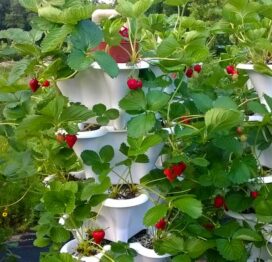 Five Tower Strawberry GardenRegular Price $2,799.00
Five Tower Strawberry GardenRegular Price $2,799.00 -
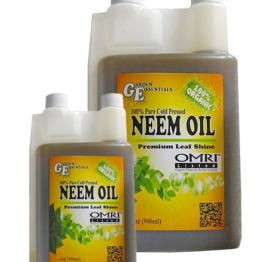 Cold Pressed Neem OilRegular Price $29.92 – $38.71
Cold Pressed Neem OilRegular Price $29.92 – $38.71 -
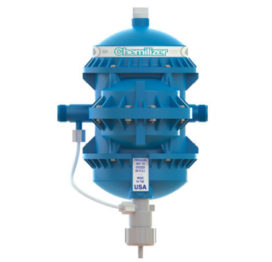 Chemilizer InjectorRegular Price $349.99
Chemilizer InjectorRegular Price $349.99 -
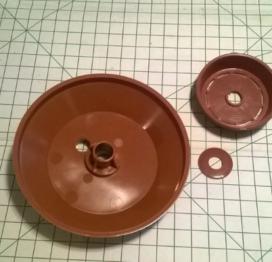 Drain Dish & Diffuser Dish SetRegular Price $16.99
Drain Dish & Diffuser Dish SetRegular Price $16.99 -
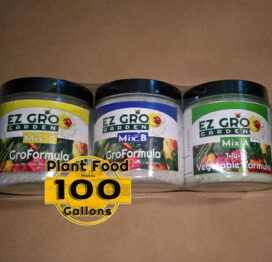 Vegetable Formula single dose SetRegular Price $29.99
Vegetable Formula single dose SetRegular Price $29.99 -
 EzGro Quad Pot 25 PackRegular Price $274.99
EzGro Quad Pot 25 PackRegular Price $274.99 -
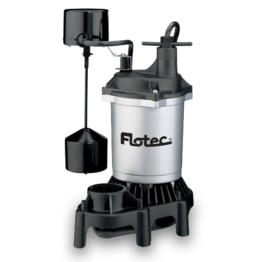 Submersible Thermoplastic Sump Pump 1/2 HPRegular Price $269.00
Submersible Thermoplastic Sump Pump 1/2 HPRegular Price $269.00 -
 Drain Dish & Diffuser Dish Set 10 PackRegular Price $124.99
Drain Dish & Diffuser Dish Set 10 PackRegular Price $124.99









While researching Hydroponics, in 1992, I used to work at General Hydroponics test greenhouse, in Sebastopol, ca.
during a break from work i found Bill Mollison's book "Permaculture"
It was enough to rethink agri, and turn into organiculture,
although i still appreciate what can be achieved with hydroponics and aquaponics, i've been growing organic crops - for school meals - with no pesticides surrounded by a rainforest environment 180 feet above sea level.
Only products i use to cope with problems is diluted rotenone and neem oil.
such a great website you have here at ezgro garden, but the information provided on this webpage is absolutely not true.
There is no way a crop that uses more pesticides than conventional can receive organic certification.
I'm revisiting hydroponics due to your chinampas garden pages.
Found a lot of good info here, but i wonder, wouldn;t be better to denounce hydroponics done the wrong way - nitrites in abundance in exchange of easy money - instead of showing organic produce as being poisonous?
regards,
Andre
Keep in mind this article is to point out that Organic doesn’t mean no pesticides. When you ask most people what they think Organic means- the number one answer is no pesticides. The thing we need to keep in mind is not to assume anything.
I think you have misread the statement “no governmental regulations on the quantity of organic pesticides that may be used in organic agriculture!” key being “organic pesticides”. With synthetic pesticides there is a limit of 5%.
The goal here is to get people thinking and become more aware of there food supply. Remember the best decision a person can make is an educated one.